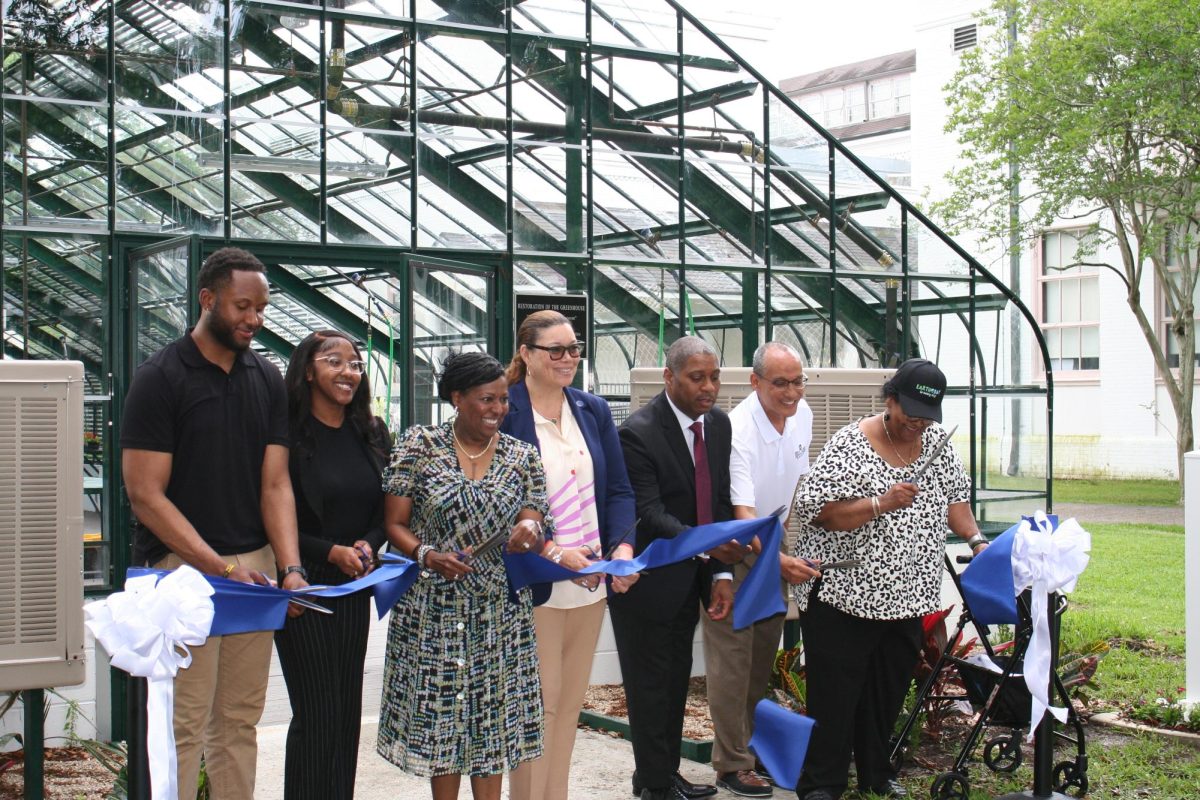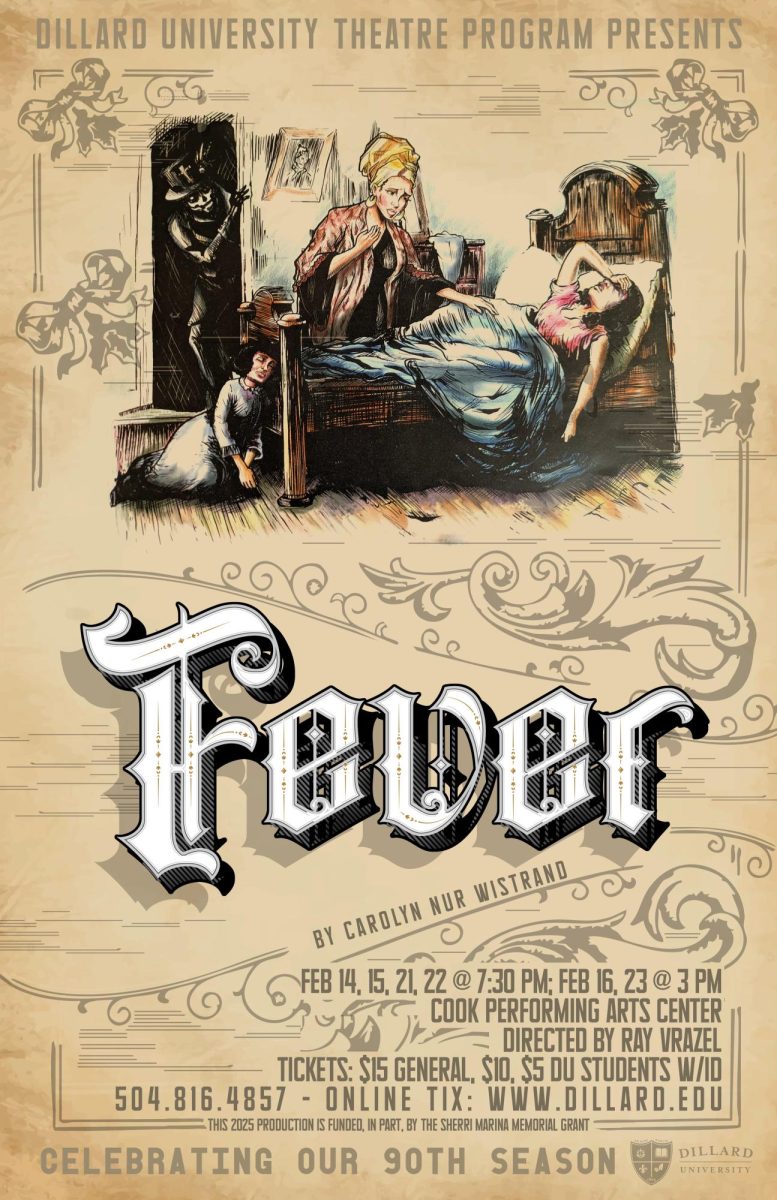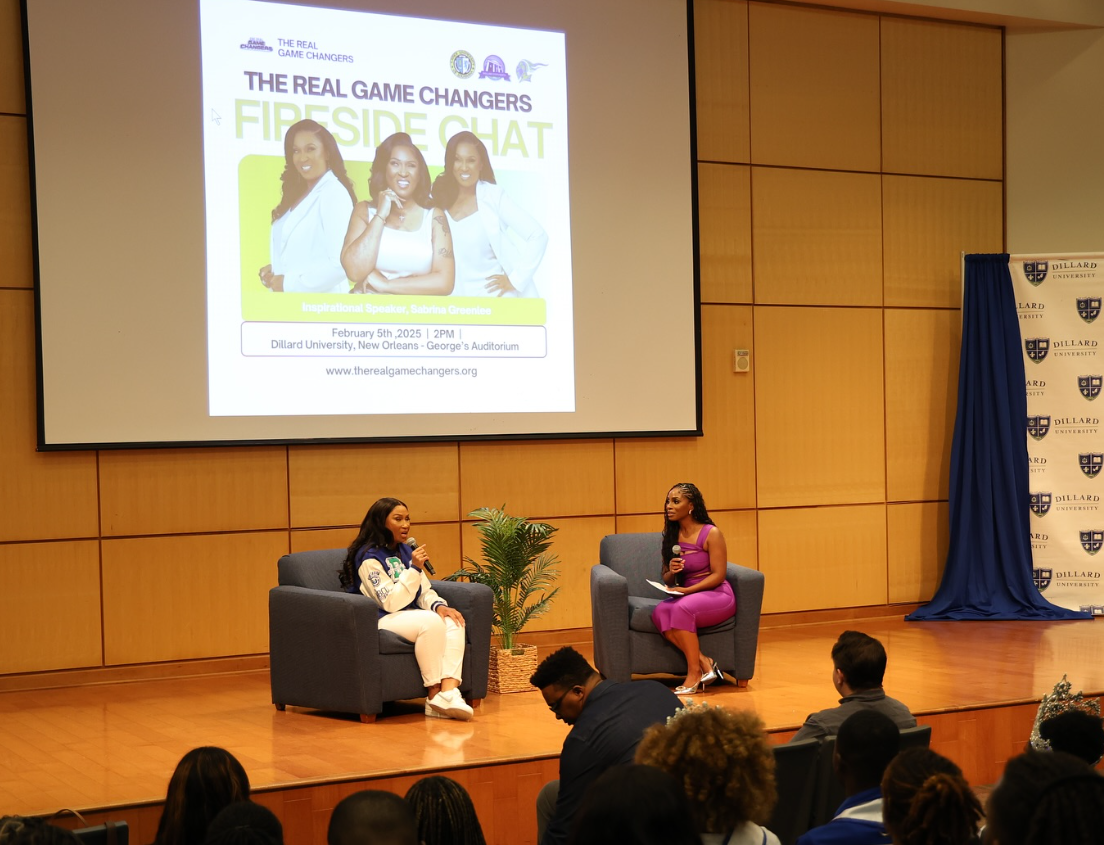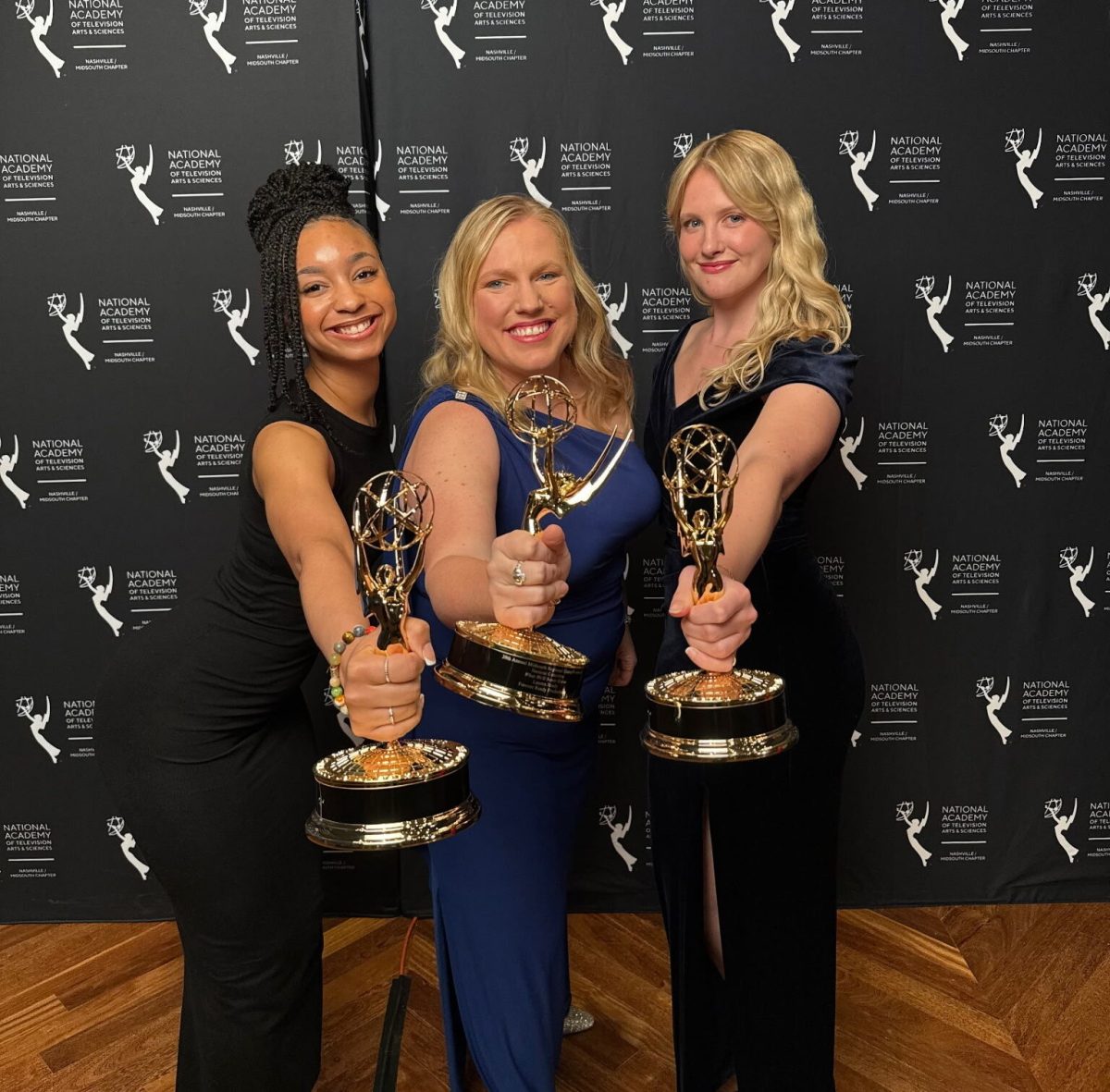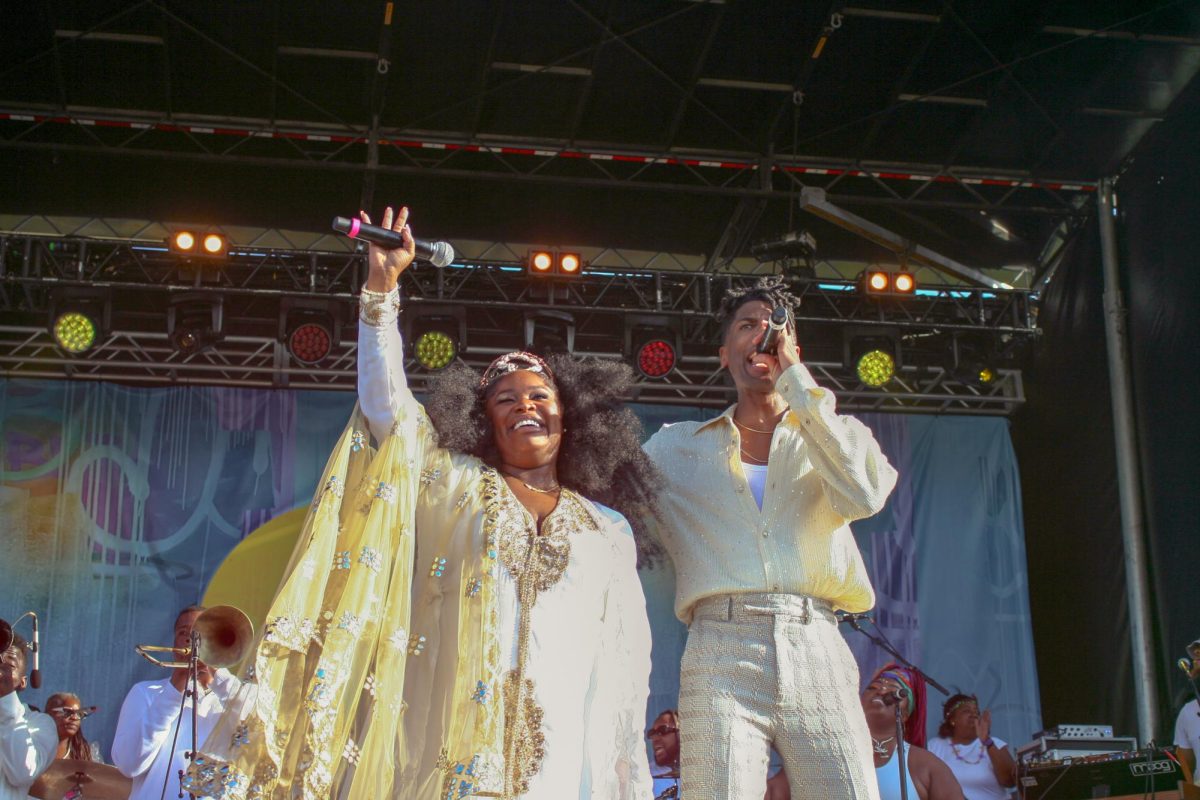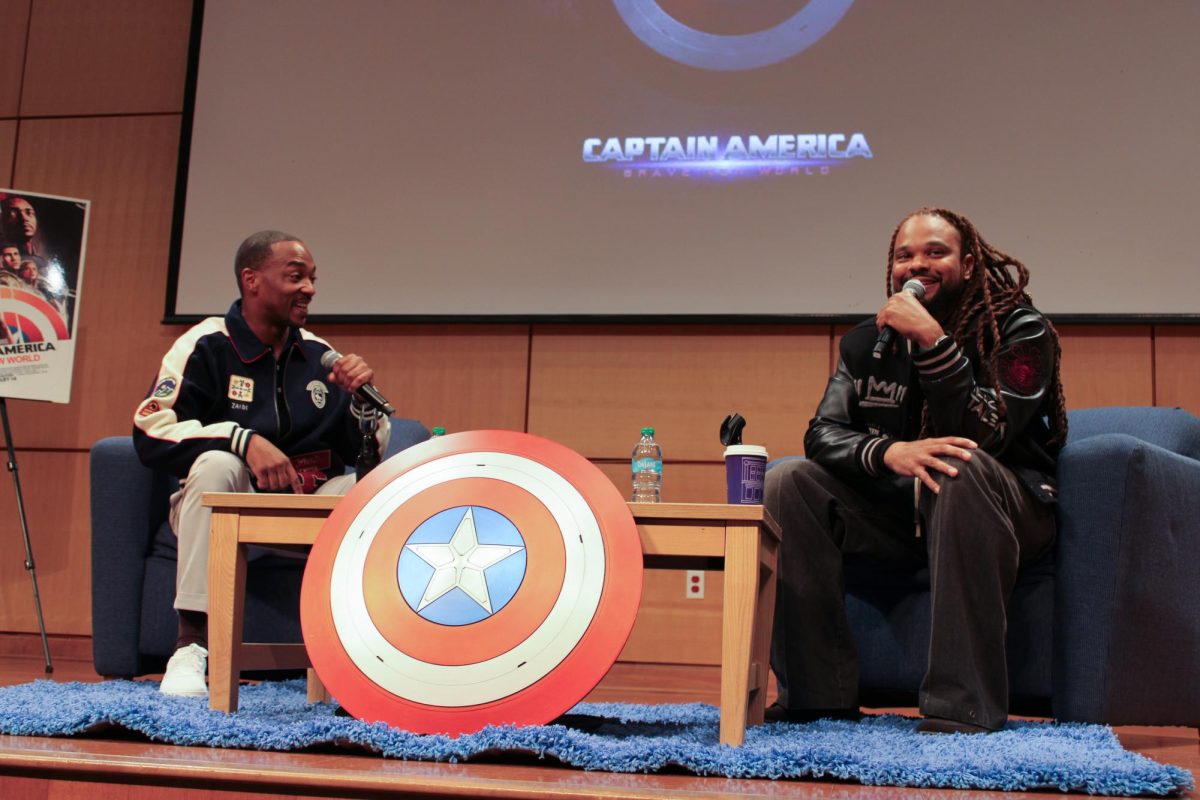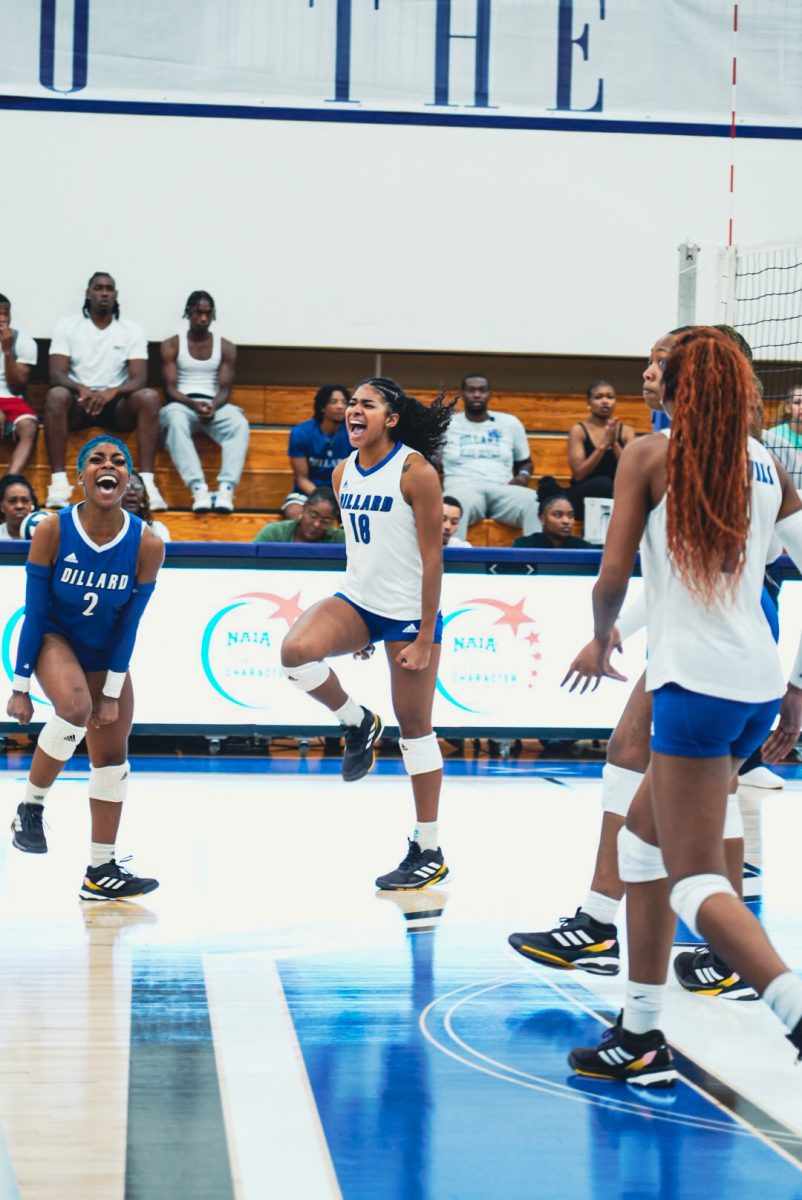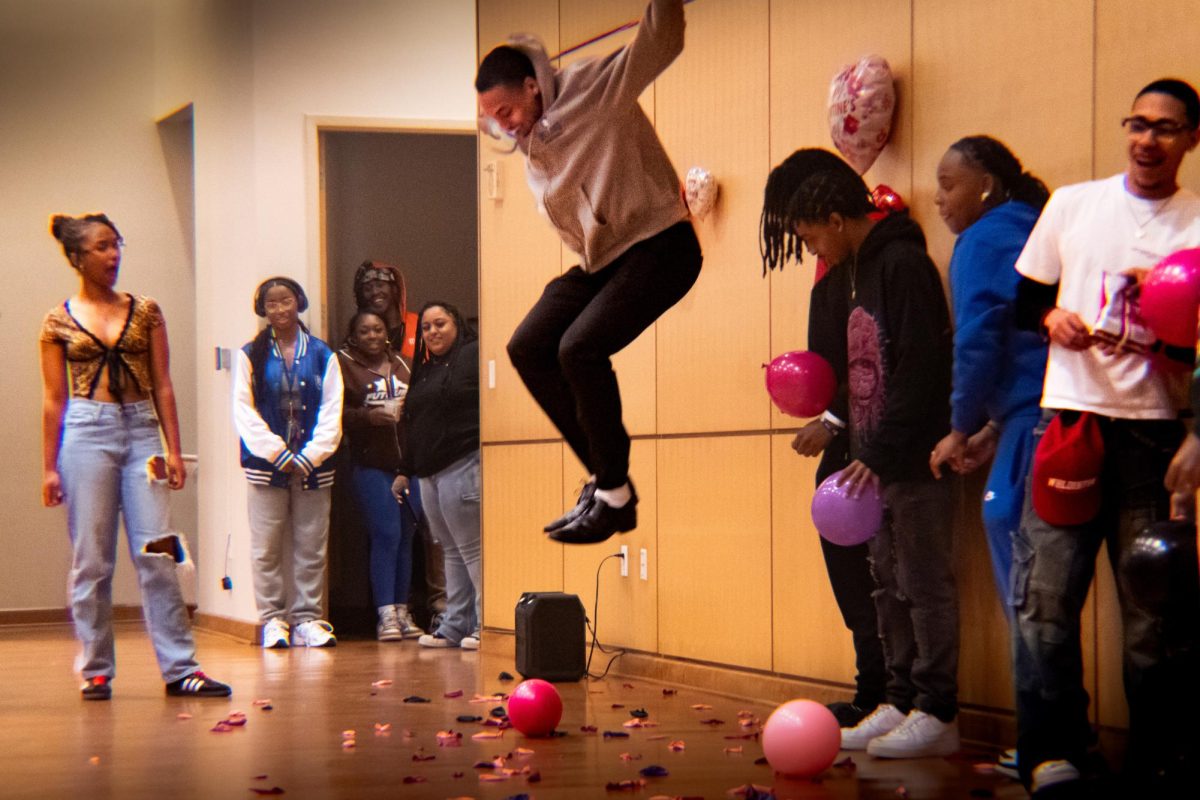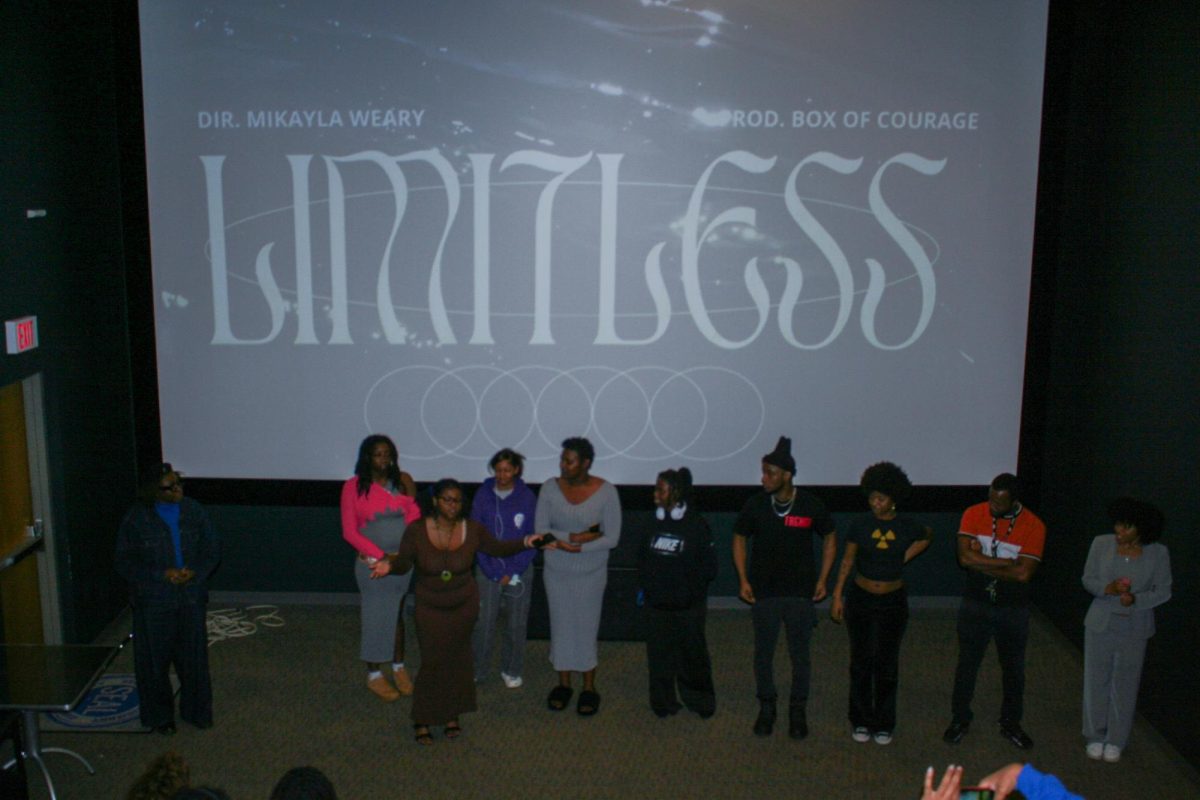Dillard University students, faculty and staff treated its second candidate for president to another dose of heavy evaluation sessions on Sept. 28 and 29 at the Samuel Du Bois Cook Fine Arts Center. This time, responses from the Dillard community, were steeped in comparisons between the finalists in attempt to decipher which candidate would be the best choice.
“Overall, I wouldn’t give either one a 5. I’d put them at even,” said Joshua Thomas, a junior business and music major from Chicago, Ill.
Although the process continued to remain closed to the public and the media, students revealed that Donald E. Thompson, the deputy assistant director of education and human resources for the National Science Foundation, was Dillard’s board of director’s other pick. John S. Wilson, an executive dean at George Washington University’s Virginia campus, was the first finalist who visited the campus a week earlier and underwent similar sessions.
“To see the two face off would be wonderful. There should be a debate,” said Megan Williams, a sophomore who attended both sessions.
Other students were less kind in their analysis of the candidates.
“I wasn’t particularly impressed with either candidate,” said Roman Bias, a senior economics and finance major from Lake Charles, La.
“It’s a case of pick your poison.” Bias said. “Do you want to be crippled or completely paralyzed?”
Faculty, on the other hand, some students said, were singing Thompson’s praises despite him not resonating with most students interviewed. According to some faculty, Thompson’s contacts with the National Science Foundation could possibly propel Dillard to national recognition. The fact that he managed a $937 million budget seated well with Dillard’s need to find a president to grab hold of the university’s financial woes, some faculty said.
Students acknowledged Thompson’s credentials, but argued that he had little exposure to running an historically black college, nor was he familiar with its culture. They also said that most of the budget he managed was not through fundraising efforts, and that much is left to be desired where his abilities to raise much needed funds for HBCU’s is concerned.
According to a biography on Thompson, handed out to students during the sessions, Thompson served in numerous administrative and faculty capacities at Western Michigan University and the University of Michigan, of which he is an alumnus.
“I wouldn’t just settle on him,” said Antoinette Powell, a senior, also from Chicago, Ill.
“He wouldn’t be my first pick based on the fact that he doesn’t know a whole lot about Dillard and he really doesn’t have a lot of experience with an HBCU,” said, Powell who did not attend sessions to evaluate Wilson.
Some students were looking for the Dillard spirit that would link the candidate with the university’s student body.
“He is very qualified but I don’t think he has the passion,” said Lanette Watts, a sophomore secondary education major.
Watts, a Memphis, Tenn. native said she was concerned that Thompson continuously described Dillard as being similar to any other university as it pertains to financial, academic and social issues.
“Our president should be concerned mostly about what makes Dillard, Dillard,” Watts said.
Powell, a senior mass communications major said Thompson showed he could be committed and dedicated but did not articulate to students what he can do for Dillard.
“He talked about Michigan and all these other schools but not what he can do for Dillard specifically,” Powell said.
Williams, who is an international business and Japanese major, also agreed that Thompson did not strike a chord with students.
The Pine Bluff, Ark. native said Thompson failed to answer students’ questions directly and that his responses tended to lump Dillard in the general category of academia. Williams also expressed disappointment that when asked the name of Dillard’s student government president, who had escorted him during the visit, Thompson was stumped.
“If you cannot remember the name of the [student government] president, how are you going to open up communications with students,” she said.
Thompson told students, according to Williams, that he did not see Dillard as a stepping-stone because he had accomplished the things he has so far set out to do.
“It seemed to me that he wanted to come to Dillard just because it fits him at this stage in his life and not necessarily because he is suitable for Dillard,” she said.
Although Dillard communication officials offered an Oct. 2 deadline for the board to near its decision, they are now saying that since the sessions concluded, the board is extending the announcement until possibly later on in the month.
Harold Clark, a Dillard spokesman in the office of university communications conceded that the Dillard community may not receive the name of the finalist as early in the academic year as they had hoped.
Shearon Roberts is the editor in chief of The Courtbouillon.

